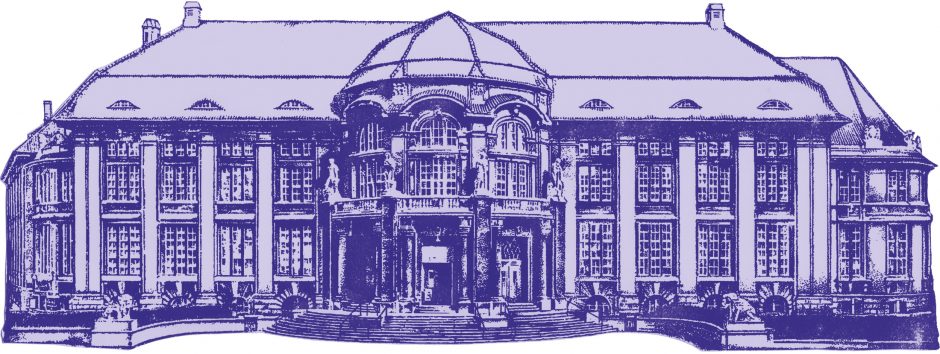Ancestral human remains from colonial contexts

Provenance research in the anthropological collections of the University of Göttingen and MARKK Hamburg
This research project investigates the provenance of ancestral human remains from colonial contexts in the Museum am Rothenbaum in Hamburg (MARKK) and in two anthropological collections at the University of Göttingen. Firstly, the focus of this project is on ancestral remains in the “Anthropological Collection”, which was amassed between the 1880s and 1930s at the former Museum für Völkerkunde in Hamburg (now MARKK). This collection was later transferred to the University of Göttingen in the 1950s and 1960s, albeit not completely. Recently, skulls and other skeletal remains were rediscovered at the MARKK, 57 of which, according to our current knowledge, originate from colonial contexts. Particularly problematic is the fact that in some cases the skull and skeletal parts of a single person are stored separately in these two locations. We were able to provisionally assign the various ancestral remains found at MARKK to several contemporary post-colonial states of origin in Africa and Oceania: Papua New Guinea, Tanzania, Federated States of Micronesia, Solomon Islands, Samoa and Cameroon.
Secondly, the skull collection founded by Johann Friedrich Blumenbach (1752-1840) will be included in this research project. Today, the collection belongs to the Center for Anatomy at the University Medical Center Göttingen and comprises around 840 skulls. Among them are 31 skulls from Australia, which were brought in between 1793 and 1934 and for which a return claim has already been made.
Both anthropological collections at Göttingen University, the Blumenbach Skull Collection and the Anthropological Collection, contain ancestral remains from various colonial contexts, from different regions and time periods. In selecting which ancestral remains to examine in both of these collections, we will give priority to remains for which there is an existing repatriation claim or an expectation of one being issued. In addition to Australia, formal claims for repatriation have been received from Palau and Namibia.
The fact that the Anthropological Collection has belonged to both the Hamburg Museum and the University of Göttingen at different times means that both institutions share responsibility for provenance research and towards the societies of origin from which these Ancestral Remains were taken. This project’s joint institutional structure reflects this shared responsibility. The circumstances of the transfer of most of these remains from the former Museum für Völkerkunde Hamburg to the University of Göttingen is unknown, and will also be examined within this project.
This project will culminate with a workshop, in which the results will be presented and discussed together with invited experts from the countries of origin. Finally, the results of the provenance research will be made available in the form of a research report on the MARKK and Göttingen University websites. They will also be incorporated into a special exhibition on the topic of “Provenance Research” at the Forum Wissen in Göttingen, which will take place at the end of 2025.
Funded by![]()
With the support of
![]()